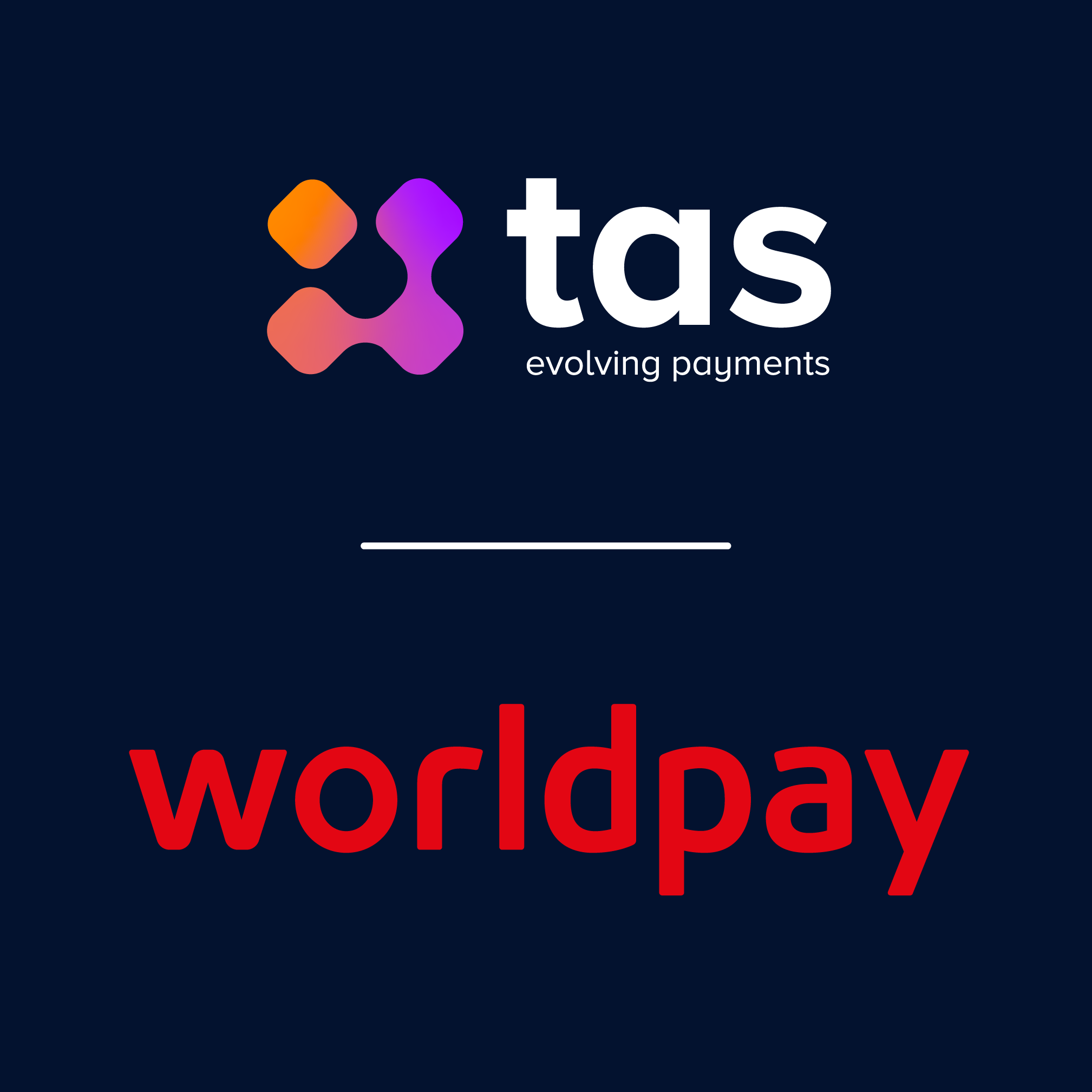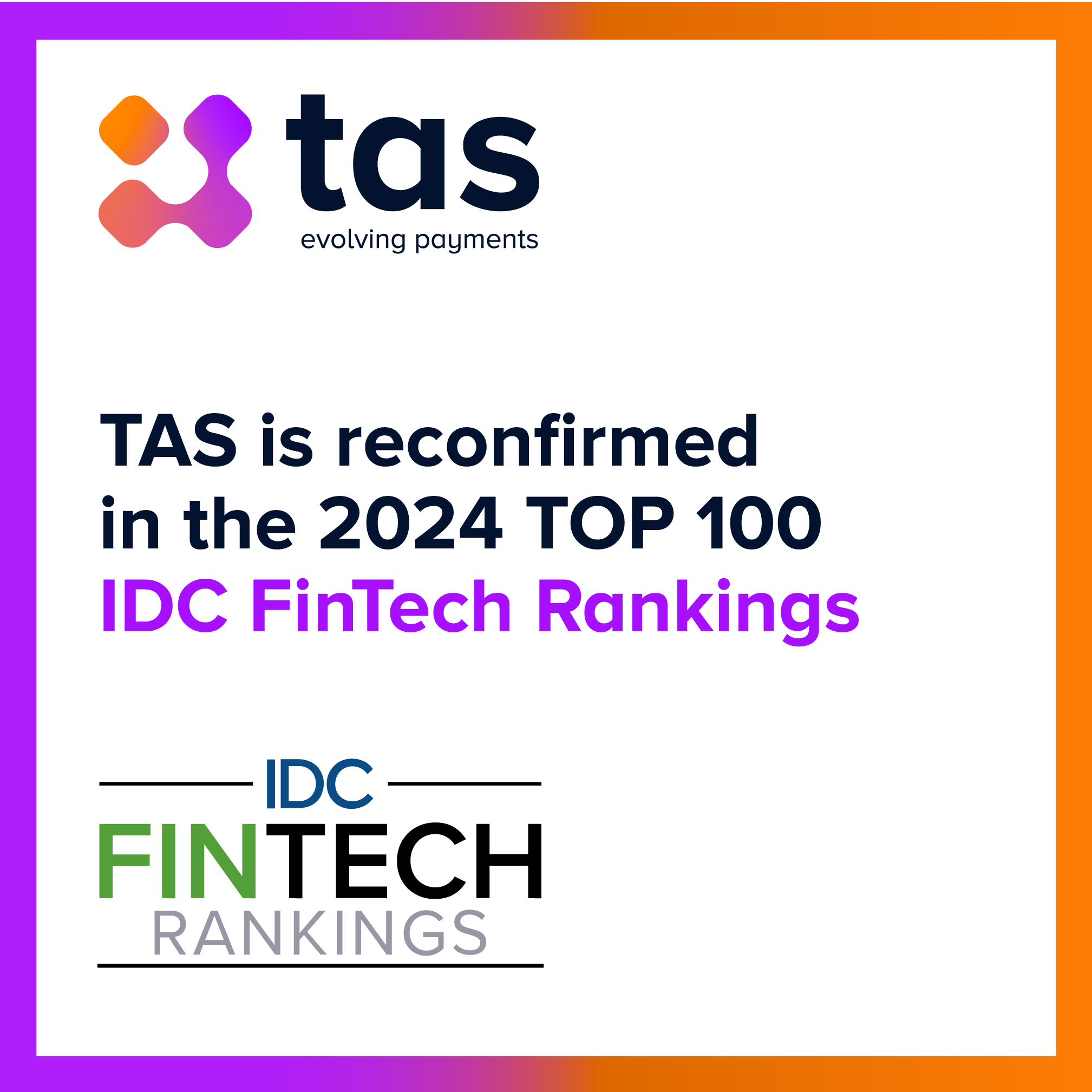Specialization is the key to Open Finance
Fintech user experience, bank specialization. To stay competitive in the open finance ecosystem, banks need to replicate the user experience of fintechs – simple and catered to customers’ individual needs. Therefore, their strategy should focus on specialization, as well as a on streamlined, personalized offer. According to Matteo Bravi, Chief Strategy & Transformation Officer at TAS, « Banks must upgrade their front-end services to deploy those attractive features designed for different customer types that have proven to be successful with fintech. This requires making the most out of available customer data and becoming a partner in customers’ daily decisions and long-term plans by customizing services and expanding offerings beyond traditional banking or insurance domains».
The new customer clusters
Rethinking front ends means keeping in mind that digital channels don’t only belong to the youngest group. In fact, if one looks at profitability, internet and mobile banking must target the most profitable segments such as silver, as well as niche markets with high added value that require specialization. As Bravi explains, «The wealthiest market is composed of seniors, professionals, corporates and small businesses. These markets remain untapped and fintechs, without a banking license, cannot provide loans or salary-backed loans as a financial institution can. They may take away a portion of the market by acting as an Electronic Money Institution (EMI) but they do not have the same opportunities of finance».
The generic offer loses value
Some banks are now concentrating on specific industries in order to create tailored solutions. As an example for tourism, this could include single-use prepaid cards as an alternative to bank transfers for paying travel agencies. The insurance sector has seen the introduction of four-handed bank-insurance agreements linking insurance premiums with credit cards. Today generic payment cards are no longer successful, so it is necessary to find a reason for them to exist – comments Bravi, and offer a personalized service based on a specialized area such as seniors or SMEs.
Personalization: the advantage of data
Specializing in a niche market alone is not enough. In order to compete in the open finance world, banks must also focus on offering personalized and rapid services. Taking advantage of AISP licenses will allow banks to provide account aggregation to customers for a convenient experience; by having all of their financial data in one location, users can more easily manage their accounts and make payments. This feature may be most beneficial to the bank as they gain a better understanding of the customer’s assets and buying behavior that they can then use to better identify impulse purchases. An example would be instant insurance; when an account holder uses their card at the bank’s checkout, the app sends out a notification suggesting the purchase of quick travel cover – adds Bravi. It is true that these are products with a fair margin, but if tailored and integrated with other profitable services, they can certainly increase the perceived value by customers.
Be quick, even in IT
The path towards open finance is clear – the customer should be a top priority in any business strategy. To succeed, banks must specialize in market segments and niches, while using data to create tailored offers. Technology is an essential element in this competitive market, leveraging investments made over the years. « In order to revolutionize user experience as fintechs have done, banks must integrate their existing systems with new technologies. The important thing is to make these systems flexible enough to allow quick innovation» Bravi explains. Every bank has its own unique IT infrastructure, and that’s why it is important for us to find specific solutions to meet their needs while maintaining pre-existing systems, and working on the back and front end with tailor-made proposals».
Author: AziendaBanca by G.C “TAS. La specializzazione è la chiave dell’Open Finance“
English Translation by TAS




